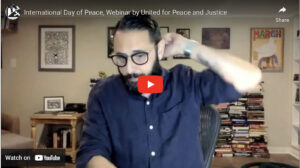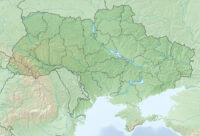Edited and revised from an article in TruthOut about cuts in Social Security – Pledge of Resistance by Robert Naiman.
In the 1980s, during Reagan’s war in Central America, there was a movement called the Pledge of Resistance. The basic idea was that you sign a pledge that if Reagan invades Nicaragua, you’re willing to get arrested in mass civil disobedience. Of course, people involved in the Pledge of Resistance did not just sit around waiting for Reagan to invade Nicaragua to take action. They lobbied Congress to cut off funding for the US-organized Contra terrorists who were killing Nicaraguan civilians; they wrote letters to the editor; they gave talks in church basements; they organized material aid to Nicaragua; they opposed Reagan’s air war in El Salvador and US military aid to the death squad government there. The pledge was to “resist” US “intervention” in Central America by all the nonviolent means at our disposal, but the willingness to participate in mass arrests in the event of a US ground invasion was a fundamental animating idea.
We need a Pledge of Resistance now to prevent a war with Iran. If members of Congress know that if they refuse to pledge to vote against war with Iran, their district offices are going to be occupied, that they and their staffs are going to be dogged at every public appearance, that their names are going to be mud in local media, support for another war will evaporate.
Moreover, a pledge to resist “all options are on the table” will allow local activists to force a national discussion which traditional, establishment media have so far largely excluded: the one in which proposed cuts in domestic spending and proposed military spending are examined on the same chalkboard, so everyone can see and discuss the trade-offs that are implicit in the choices that are being proposed. This dialogue will allow antiwar activists to pursue the holy grail of antiwar activism: connecting the cost of the endless war with cuts in domestic spending for human needs.


